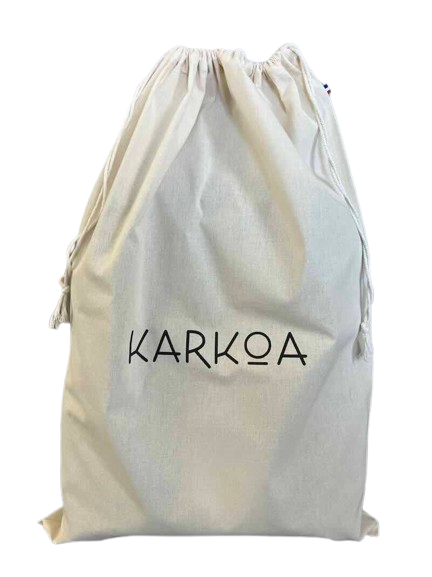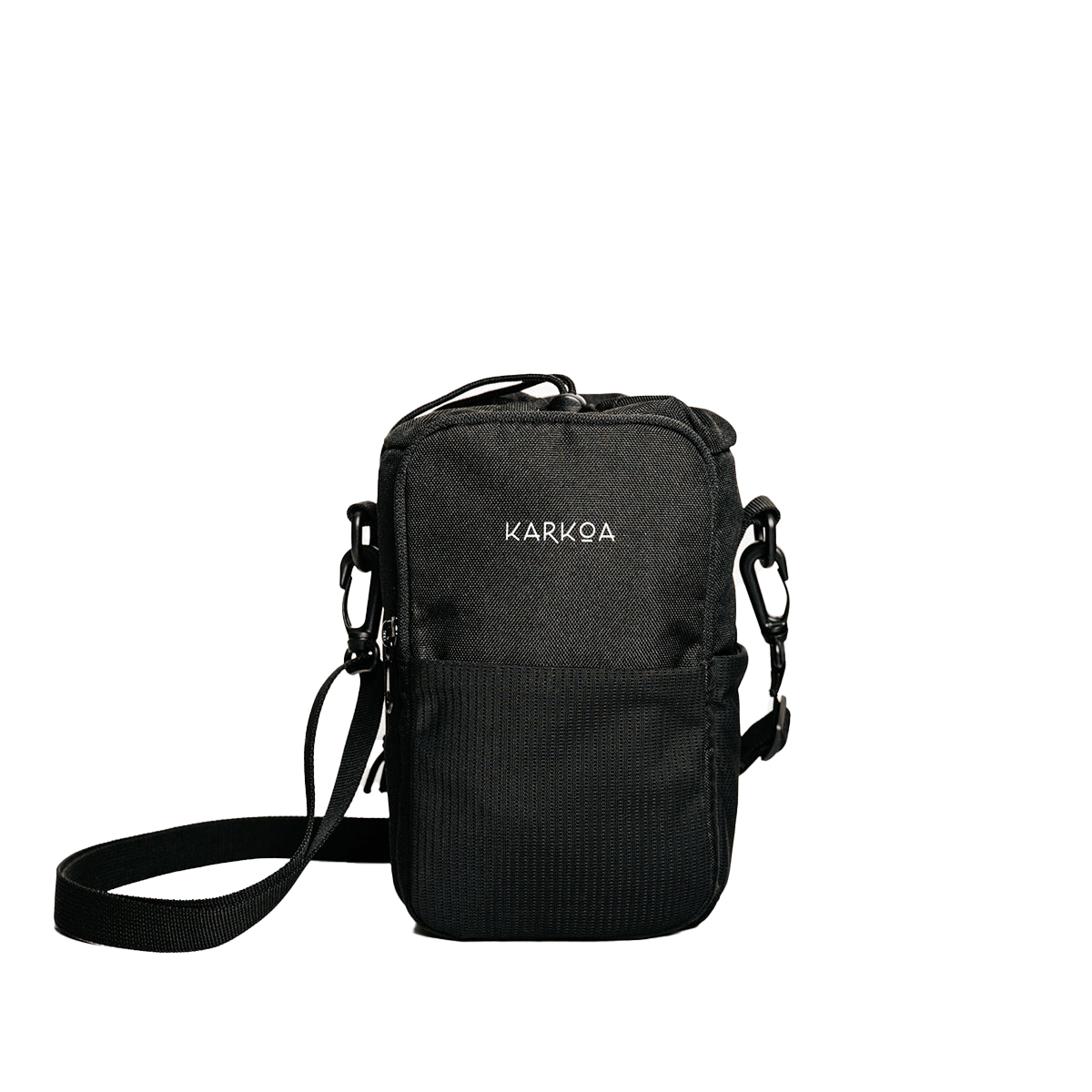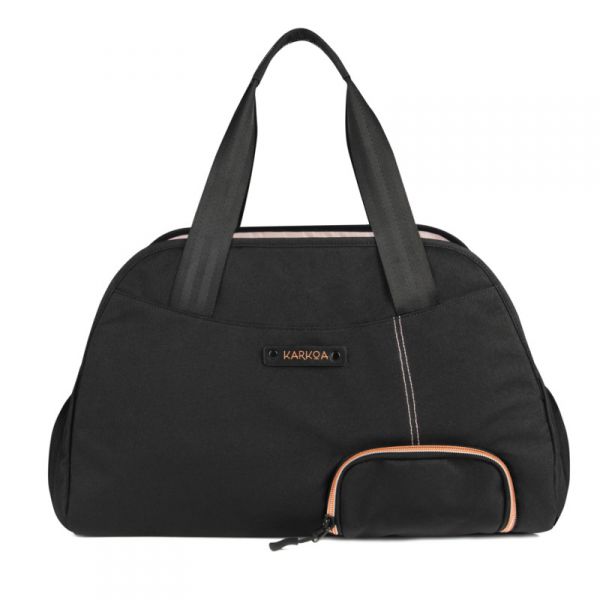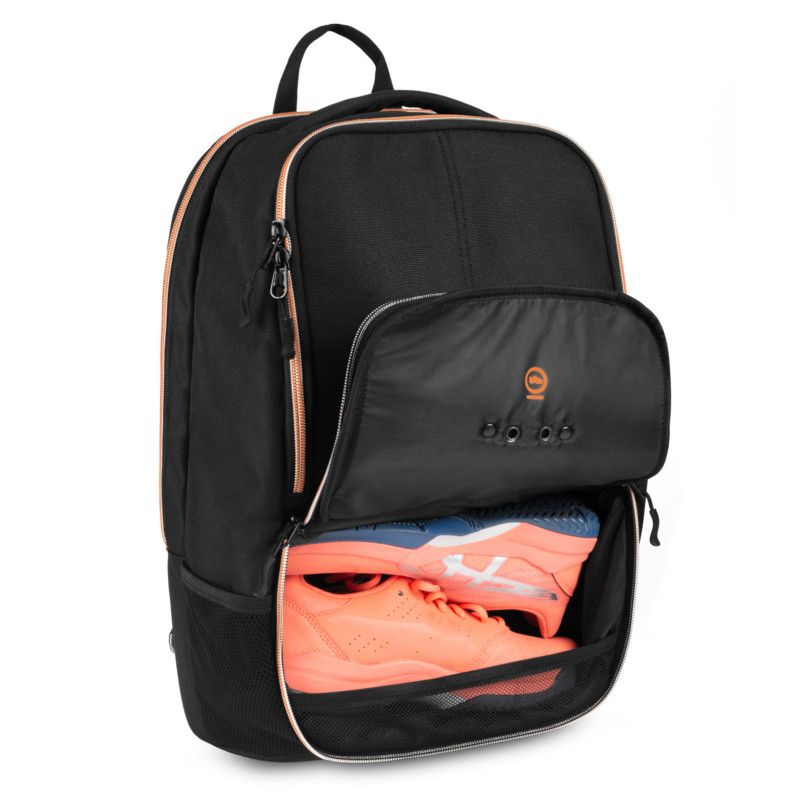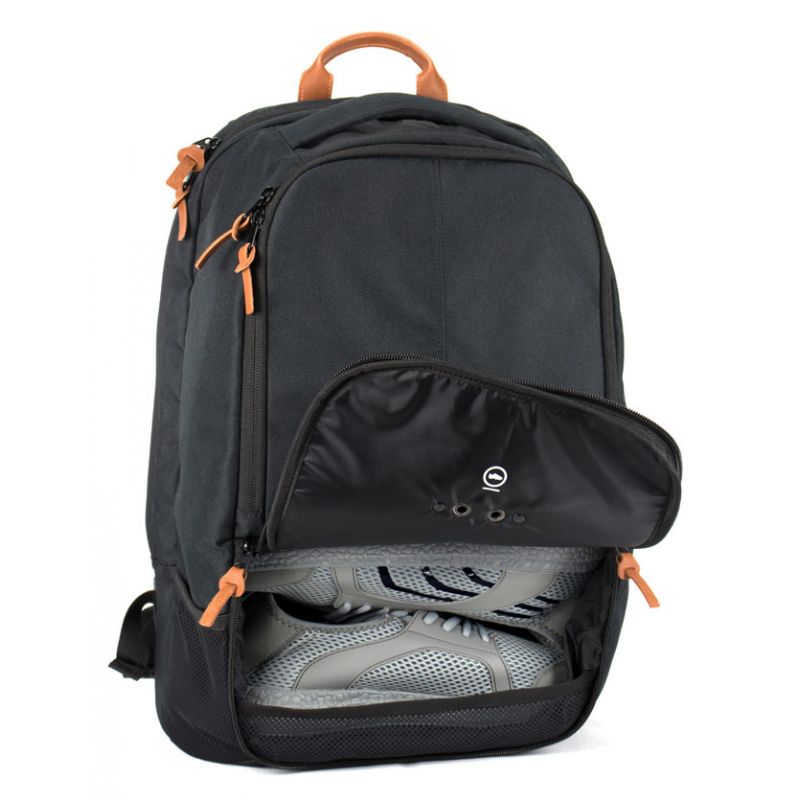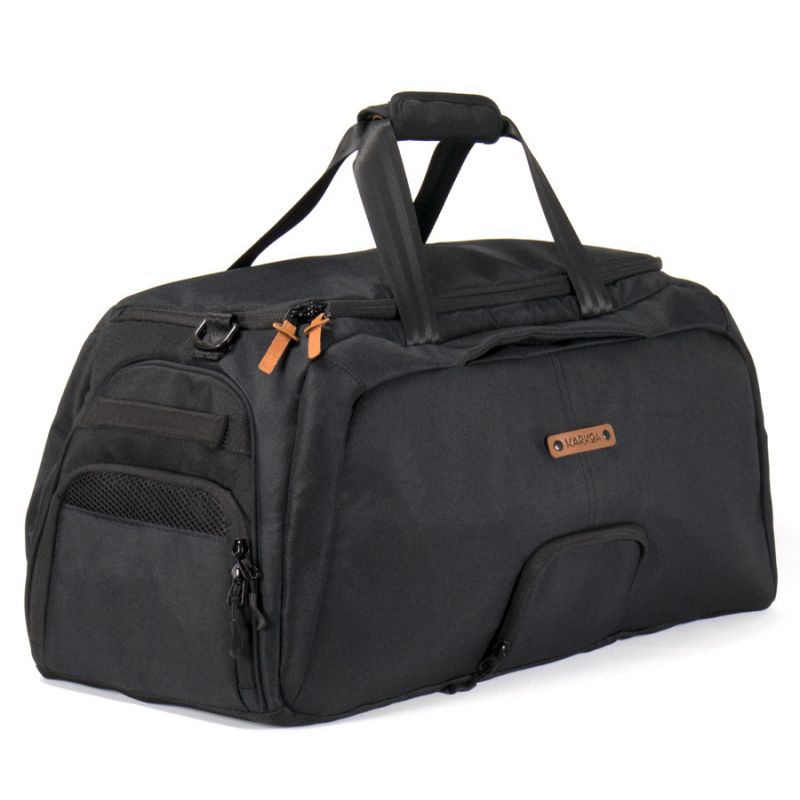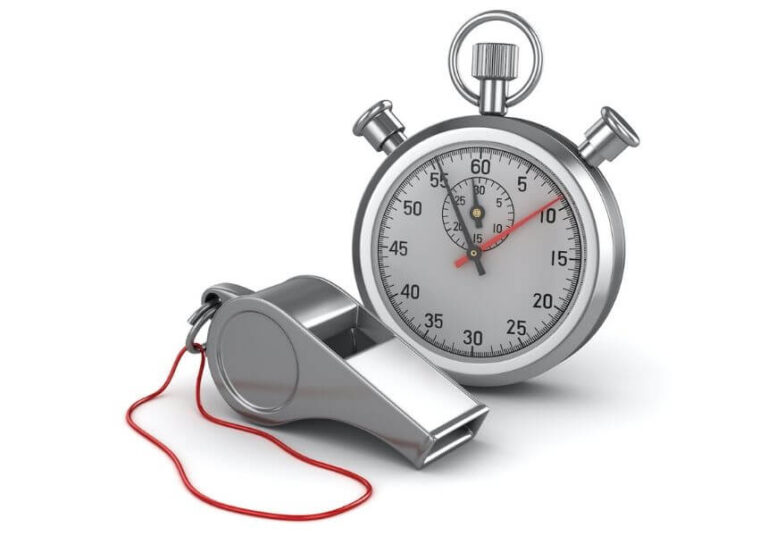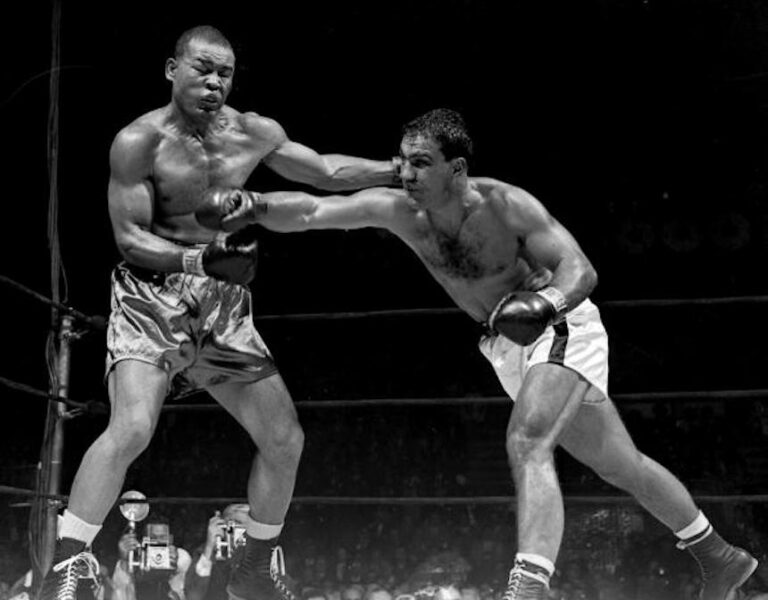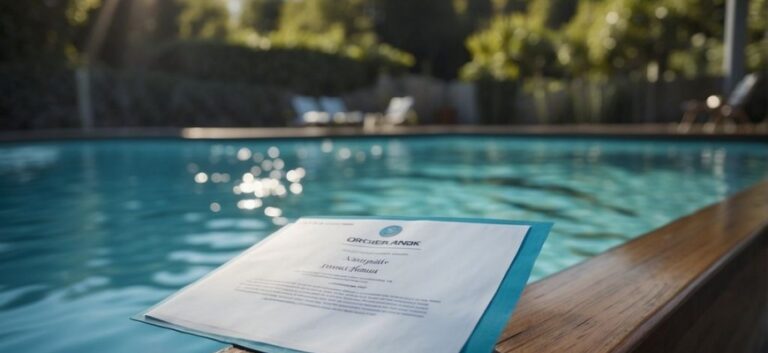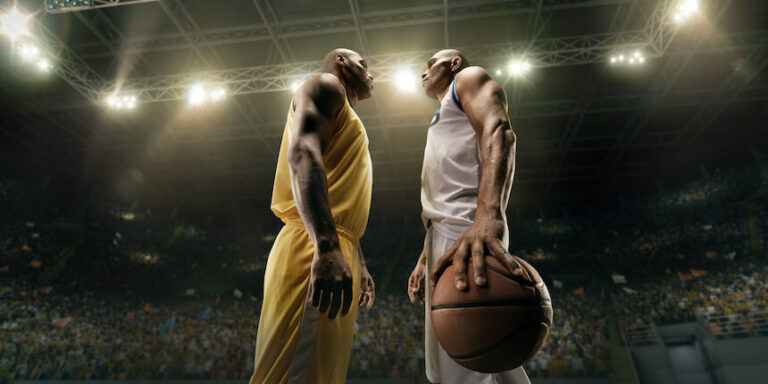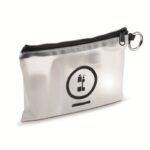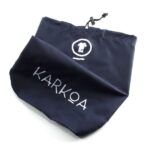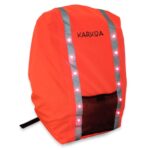The question therefore arises as to whether eating a banana before or after exercise is the most beneficial for your body.
Should you eat a banana before or after sport?
Before exercise, eating a banana can be an excellent way of boosting your energy levels without weighing you down. The carbohydrates in a banana provide quick fuel for your muscles, while the potassium helps prevent muscle cramps. What’s more, its moderate glycaemic index ensures a gradual release of energy, which is ideal for endurance activities. After your sports session, bananas help muscle recovery. It helps replenish glycogen reserves depleted during activity and provides essential nutrients that help repair muscle fibres. The timing and specific needs may vary according to your level of activity and personal goals, but incorporating bananas into your diet around your training sessions has definite advantages.
The nutritional benefits of eating bananas for athletes
Eating bananas offers specific benefits for sportspeople, including immediate energy from simple carbohydrates, a contribution to hydration and mineral intake, as well as support for muscle recovery and glycogen replenishment.
Energy intake and simple carbohydrates
Bananas are a rich source of simple carbohydrates, which are quickly absorbed by your body, providing you with quick and effective energy, ideal before or after physical exertion. A medium-sized banana contains around 27 grams of carbohydrates, making it a perfect snack for an energy boost.
Hydration and minerals
Minerals such as potassium, found in bananas, play a crucial role in hydration and muscle function. Potassium helps regulate body fluids and can prevent muscle cramps during sporting activity. One banana provides around 450 mg of potassium, helping to meet daily requirements for this mineral.
Muscle recovery and glycogen replenishment
After exercise, your body needs to replenish its stock of glycogen, a form of energy storage. Bananas, thanks to their carbohydrate content, help restore glycogen levels, promoting muscle recovery. Carbohydrate intake helps to reduce fatigue and accelerate the healing process of damaged muscle fibres.
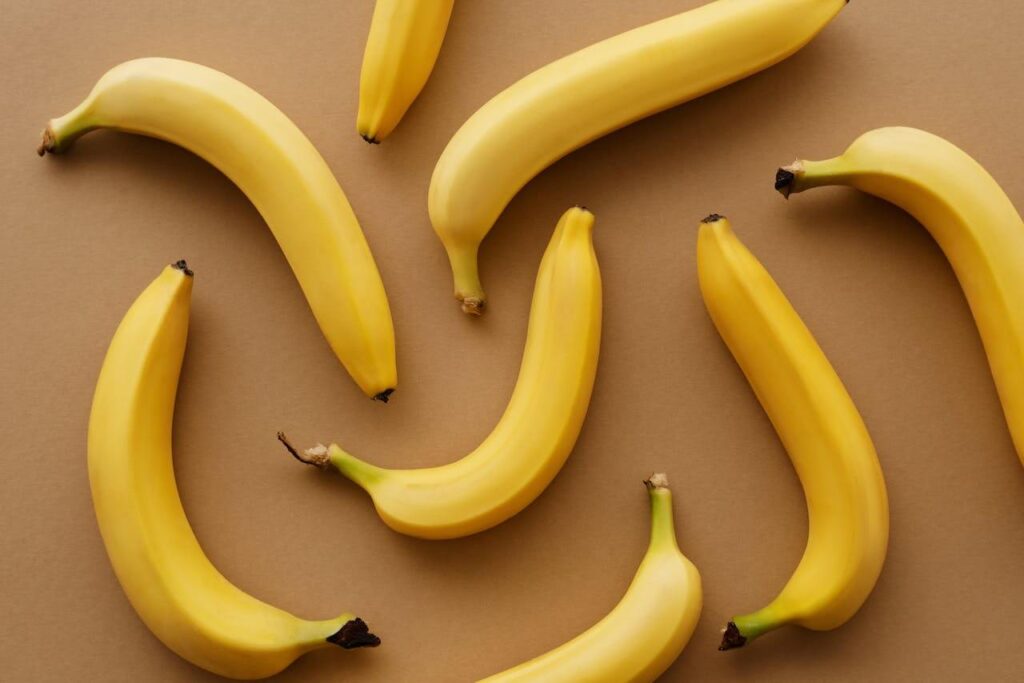
Eat a banana before physical effort
Eating a banana before practising sport can be beneficial both for your energy intake and your digestive comfort. This simple food practice promotes a controlled intake of carbohydrates and ensures adequate sugar levels for the efforts ahead.
Immediate energy boost
A banana is a fruit rich in carbohydrates, making it a rapidly available source of energy for your body. By ingesting it before doing sport, you provide your body with a quantity of natural sugar, fructose, which helps prevent a drop in energy during exercise. Fructose has a moderate glycaemic index, which means it causes a gradual rise in blood sugar levels, avoiding sugar spikes and their rapid drops, which could affect your performance.
- Carbohydrate intake: Approximately 20-27 g per average banana
- Time before sport: Ideally, 30 minutes to 1 hour
Digestion and comfort before sport
Eating a banana before exercise is also beneficial for digestion. In its natural state, the banana is gentle on the stomach and can reduce the feelings of discomfort often associated with exercise on an empty or overfull stomach. What’s more, its high fibre content helps to regulate digestive function without being too heavy, which is ideal if you prefer not to exercise on an empty stomach and are looking for an easy-to-digest snack.
- Fibre content: Approximately 3 g for a medium-sized banana
- Aids digestion: Bananas contain soluble fibre, which aids transit.
Eating bananas after training
Eating a banana after your training session can contribute to effective recovery by providing the necessary energy and supporting muscle rebuilding. This fruit can also help to rebalance sugar and hydration levels.
Muscle recovery and rebuilding
After a workout, your muscles need nutrients to initiate the repair and growth process. Bananas contain potassium, which is essential for muscle recovery, preventing cramps and helping to reduce fatigue.
- Protein and potassium: A banana doesn’t contain much protein, but combined with a protein source like yoghurt, it can be beneficial for your muscles.
- Vitamins: Bananas are packed with vitamins like B6, crucial for muscle tissue repair.
Rebalancing sugar and hydration levels
Eating bananas after exercise helps to stabilise glycaemia and hydrate your body.
- Natural sugar: Bananas are rich in fructose, a natural sugar that can restore glycogen stores in the liver and provide a quick energy boost.
- Hydration: Although bananas do not replace lost fluids, they can help maintain electrolyte balance due to their potassium content. It is recommended to drink water or a sports drink in addition to eating a banana for better hydration.
Incorporating bananas into the daily diet of sportsmen and women
The banana is a fruit rich in essential nutrients that promote health and sporting performance. Here’s how you can make the most of it in your diet.
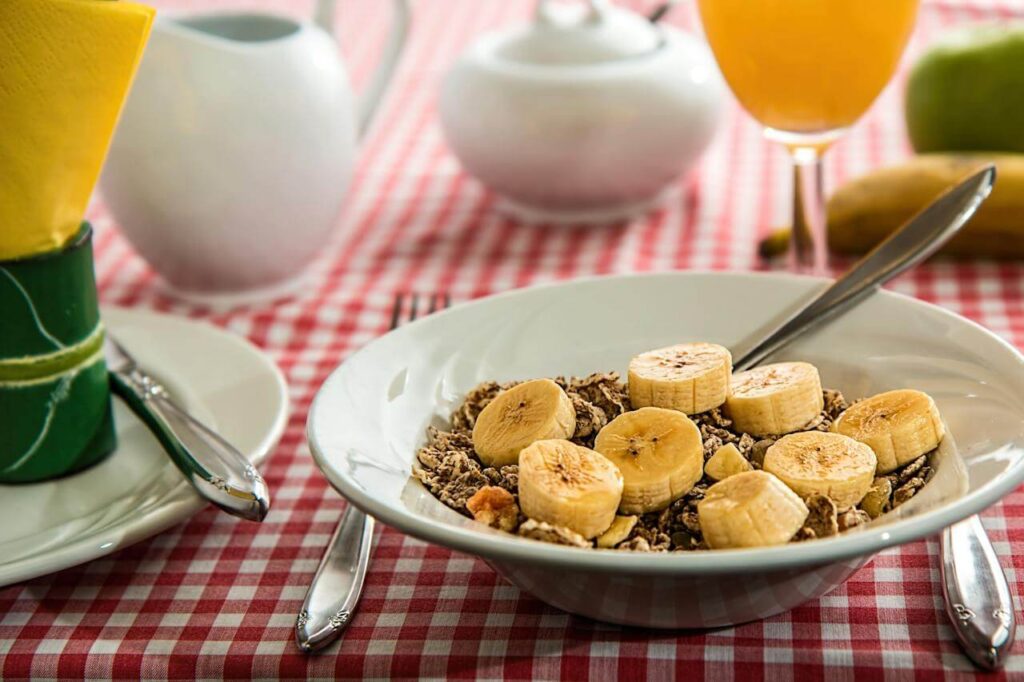
Alternatives and recipes
- Banana porridge: For breakfast, opt for an oat porridge topped with banana slices. It’s an excellent source of slow carbohydrates and fibre.
- Protein smoothie: After a workout, a smoothie made with banana, almond milk and protein powder can promote muscle recovery.
- Fresh fruit salad: Incorporate bananas into a fruit salad with blueberries and strawberries for an antioxidant boost.
Tips for a balanced diet
- Distribution of nutrients: Make sure your meals contain a good balance of macronutrients: carbohydrates (bananas, cereals), proteins (chicken, fish, tofu) and lipids (avocados, nuts).
- Consume before and after sport: A banana before exercise can provide quick energy and one after exercise can help replenish glycogen stores.
- Hydration: Don’t forget to hydrate properly, as bananas are no substitute for essential water intake.
The Karkoa sports bag for after-work training
It’s essential to have a sports bag that meets your everyday needs. With a Karkoa bag, you get equipment designed for a seamless transition between the office and the gym. Thanks to its intelligent design, you have dedicated compartments to separate your work stuff from your sports equipment.
- Laptop compartment: Protects your laptop up to 15 inches.
- Shoe compartment: Allows you to store your shoes separately and avoid contamination with your personal belongings.
- Isothermal compartment: Suitable for your drinks, perfect for keeping a banana cool to recharge your post-workout batteries.
- Clothes pockets: Separate your dirty clothes from your clean ones with ease.
